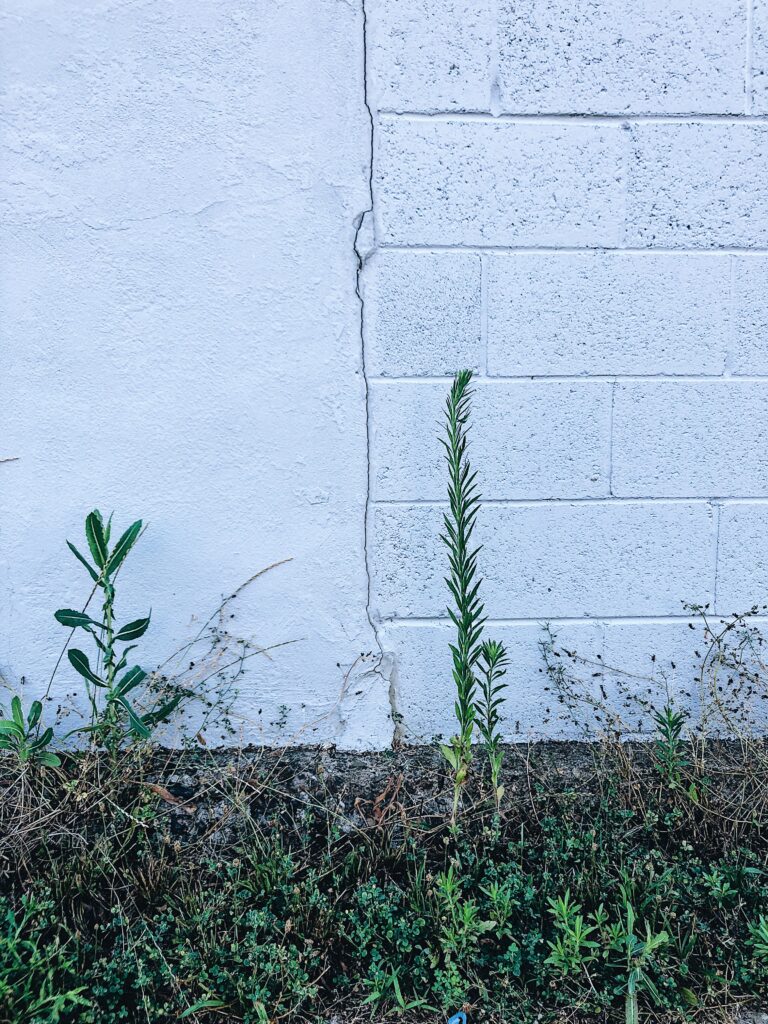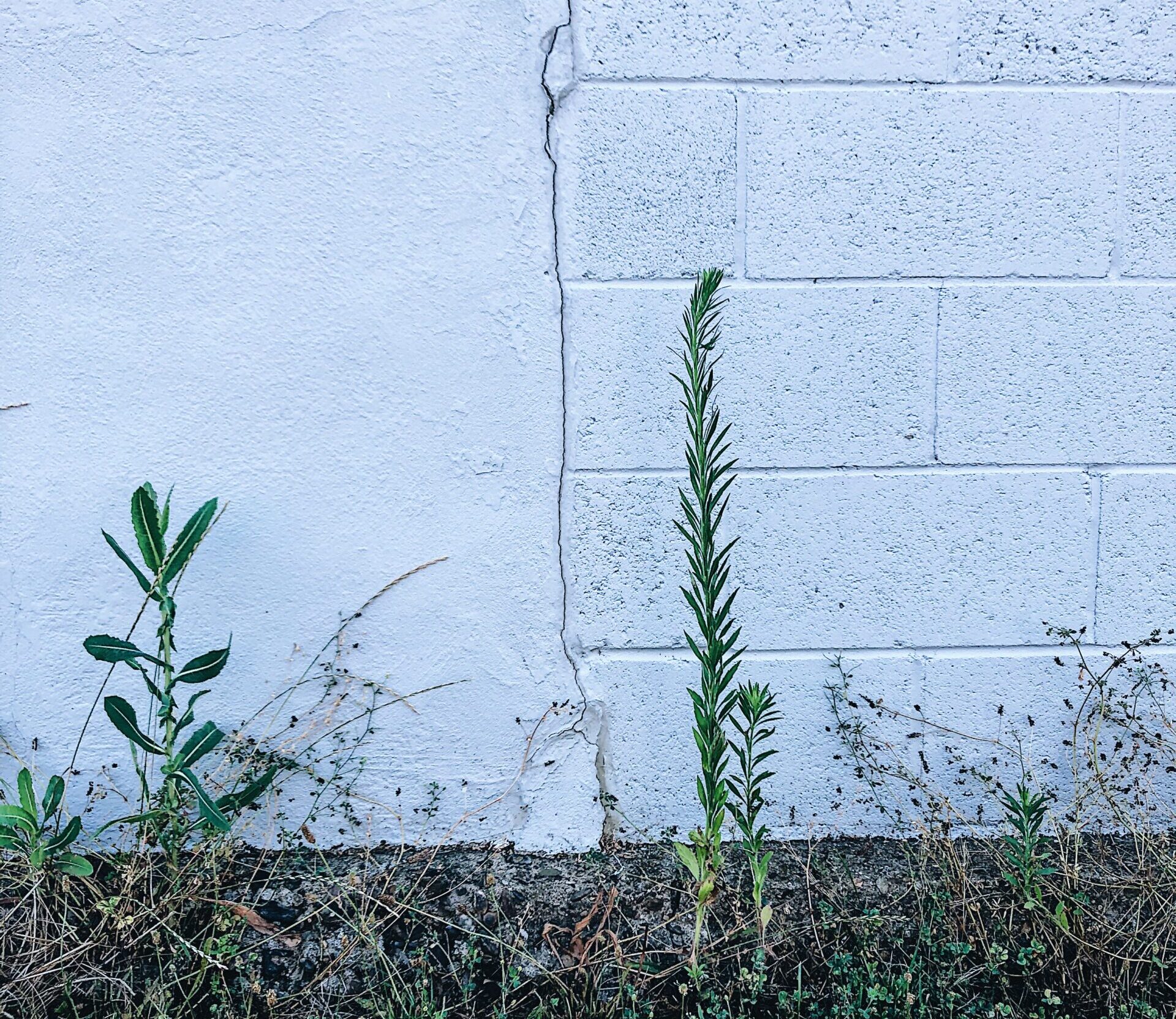
“Rest” feels like poison ivy to me.
At the conclusion of one day, I’m already asking, “What’s next?” I’m hardwired to plan, execute, and pivot with speed and efficiency.
Until very recently, our culture has applauded my un-rest. I’ve been a NASCAR driver, speeding through loops to the cheers of a 360-degree crowd. I’ve tightened my grip on the wheel, pressed my foot to the pedal, and chased the tail lights burning rubber ahead of me. I’ve taken the curves at an angle and raced down the straightaway.
It wasn’t until 2019 shut down one decade and 2020 glinted around the next turn that I braked to a pit stop with that itchy word, “Rest.”
The concept of Sabbath kept popping up. Sabbath is a capital letter Rest, bounded in time as a 24-hour period of ceasing, delighting, and worshipping every seven days. To the Lord, the word rest does not irritate, seep, or itch. Sabbath is a chance, as John Mark Comer puts it in The Ruthless Elimination of Hurry, “to stay emotionally healthy and spiritually alive in the chaos of the modern world.”
Rest is a pit stop.
Or, in a more old-fashioned metaphor, rest is a fallow field.
Fallow means “ground ploughed and harrowed but left unseeded for a year.”
Generally, I understand “fallow”as an outdated farming practice. Fallow doesn’t itch so much as fester. Discarded. Un-useful. Inefficient.
I don’t want to fester through an entire year of 2020. If 2020 is meant to be a fallow year, I’m braking hard on the question: Have I been wrong about rest?
Modern landscape designer Darcy Larum counters, “Fallow land is land left to rest and regenerate.”
Pre-2020, I’d scoff at the idea that slowing, or gasp, stopping can be regenerative. Like modern farmers who have hustled fields into annual production, bypassing the ancient practices of fallow fields with methods of new equipment, tools, and chemicals, I’ve expected eight-days-a-week productivity from myself.
I’ll let expert Darcy Larum speak to this point: “Allowing the soil to have a specific rest period gives it time to replenish nutrients which can be leached from certain plants or regular irrigation. It also saves money on fertilizers and irrigation. In addition, fallowing the soil can cause potassium and phosphorus from deep below to rise toward the soil surface where it can be used by crops later. Other benefits of fallowing soil are that it raises levels of carbon, nitrogen and organic matter, improves moisture holding capacity, and increases beneficial microorganisms in the soil. Studies have shown that a field that has been allowed to lie fallow for just a year produces a higher crop yield when it is planted.”
Rest may be the surest path to growth.
Fallow may be resting toward life, not death.
Rested, fallowed land is seeded with promise and preparation.
I’m reminded of how often God commands his followers to rest. Not just the fallow Sabbath of one day a week, but often Rest at unexpected times in unexpected ways. Like Joshua, commander of the entire Israelite army, who the Lord commands to sit out of a key battle against an entire city.
“Then the Lord said to Joshua, “Hold out the javelin in your hand toward Ai, for I will hand the city over to you.” So Joshua held out his javelin toward it. When he held out his hand, the men in ambush rose quickly from their position. They ran, entered the city, captured it, and immediately set it on fire.” Joshua 8:18-19
At the key point in the action, when any soldier hearing the call of battle would be moved into action, Joshua had to restrain himself and hold his spear in the air, pointing toward, but not participating in, the victory to come. Rest, not action, was the Lord’s command for success.
Holding my javelin in the air may be the hardest command for me to obey.
2020 has forced me to lie fallow. To put off harvests for a year. To point my intents toward success in the future, but stand still now, restful and inert.
Here’s July, 2020. The mid-point of a fallow year.
I don’t know about you, but my muscles quiver with the weight of that sword, seemingly light at first, but heavy the longer I stand sentry. However, I can look straight down that shaky arm toward a victory unfolding in the distance. In my rest, the Lord promises to do the work: “I will hand the city over to you.”
Emily P. Freeman calls the fallow work of rest “filling the vault.” It’s doing the rest (work) now for a future victory. She writes, “Do the work of creating, listening, and resting while no one is watching so that when they look your way, you’ll actually have something to say.”
There is genuine, life-giving work happening during the rest of fallow. Nutrient-growth transforming the fallow field. Percolating in the resting ground.
As Freeman also says, “Filling the vault is really for all of us, whether or not we ever realize our dream or hit that big goal or make that big deal. Whatever the case may be, filling the vault is part of being human. It’s part of the creative process. And it is so deeply important.”
Rest still itches. I confess that as I sit in my writing chair with coffee and a half-eaten breakfast of a fried egg on last night’s vegetable casserole next to my laptop. I’m filling my vault with this blog post, and I itch. My discomfort: these words aren’t good enough, polished enough, vetted enough. They will slip into a pocket of blogland that will be largely ignored and unread. I see no checkered flag waving down a finish line.
I scratch that itch. And go back to typing. Hit publish. I fill the vault with 999 more words ploughed into fallow ground. Rejuvenation for tomorrow’s crops.


REST is a tough word for me – BUT – as I age I wished that I had done more of it when I was younger.
Your words will not “…slip into a blogland that will be largely ignored and unread.” They have already planted seeds in my soul to create my own fallow ground.